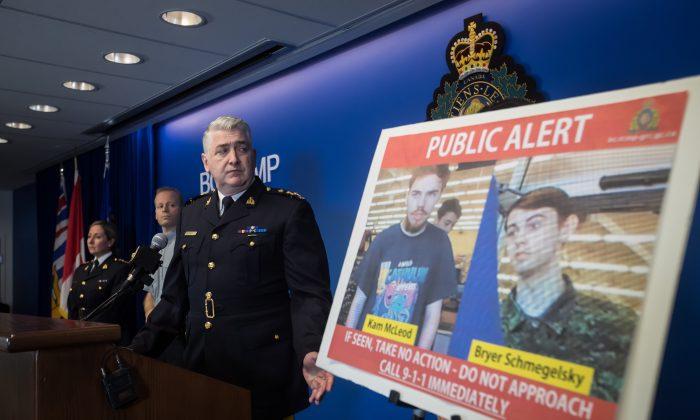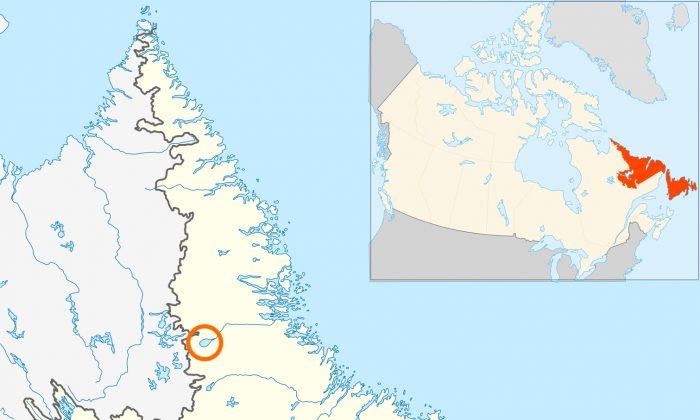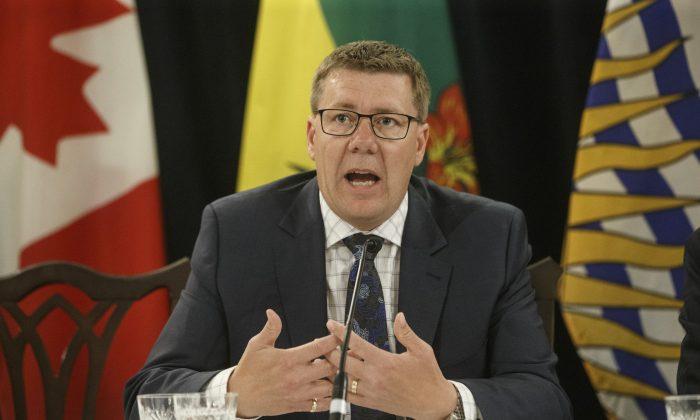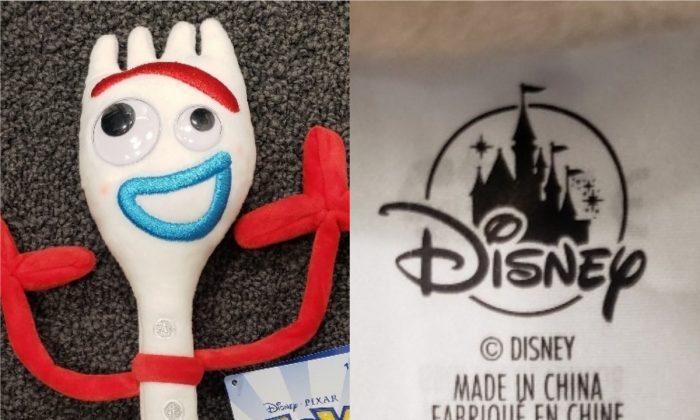TORONTO—The Chinese regime has expanded its restrictions on Canadian canola seed imports to include a second Canadian canola company amid a growing trade and diplomatic dispute between the two countries.
Both Richardson and Viterra have said they regularly test their products to ensure that they meet industry standards.
“We take quality concerns seriously and support a sound, science-based approach in the testing of our exports. Market access issues such as this one hurt our industry and Canadian farmers,” a Viterra spokesperson said.
“We are working closely with the federal government and the Canola Council of Canada to gather more information on the situation.”
The dispute over canola is putting pressure on already tense diplomatic relations between Ottawa and Beijing.

Two Canadian citizens in China, Michael Kovrig and Michael Spavor, were detained by the regime shortly after Meng’s arrest, a move widely seen as an attempt by the regime to put pressure on Ottawa for Meng’s release. On March 4, the day after Canada said it would proceed with extradition proceedings against Meng, the regime accused the two men of working together to steal state secrets. As of March 26, Kovrig and Spavor have each had five visits from Canadian consular officials but reportedly have not had access to lawyers.
Ottawa maintains the detentions are arbitrary and has formally demanded that China release the two Canadians.
Beijing’s restrictions against Canadian canola imports are also seen as an attempt to further pressure Canada. China is the world’s largest canola importer and, according to the CCC, approximately 40 percent of canola and canola product exports from Canada go to China—a market that was worth CA$2.7 billion ($2.02 billion) in 2018. When Richardson had its license revoked, the CCC said at the time that it would negatively impact the industry.

Until the recent trade disruptions, Chinese demand for canola was “very strong,” the CCC said. Although the industry group had hoped to resolve concerns about Canadian canola, it said current discussions indicate that an immediate resolution is unlikely.
“Canadian ministers and government officials have responded quickly to Chinese concerns. However, technical discussions are unlikely to lead to an immediate resolution,” said Everson. “We urge the Government of Canada to continue to intensify efforts to resolve the situation.”
Canadian Prime Minister Justin Trudeau told reporters on March 26 that his government is trying to resolve the issue and considering sending a high-level delegation to China to address any safety concerns.





